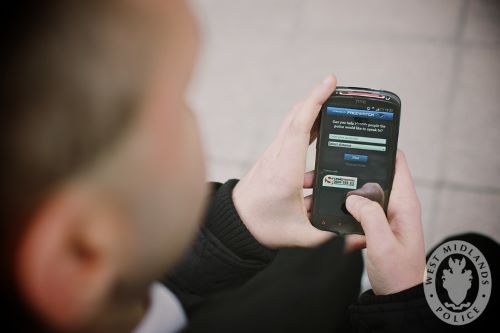There is nothing simpler, faster and more efficient than buying a product or service over the phone and paying for it in the same movement, without having to hang up or switch to another medium, whether in person or online. But in order to be secure, telephone payment must have criteria that help to avoid telephone scams, especially in mobile payment.
As experts in the area of secure telephone payment, we at PAYby CALL are concerned about the growing increase in this type of fraudulent activity. Especially because we know that, although the end user must take precautions, a large part of the solution involves the implementation of state-of-the-art technological solutions.
What about mobile payment?
We don’t have to tell you. The cell phone has become, among many other things, a very common means of payment both for making all kinds of purchases (whether in electronic or physical stores) and for making small exchanges between people. It is therefore logical that fraudsters are sharpening their wits and targeting mobile payment. If hacked, there is practically unlimited access to data…
The The most common procedure begins with identity theft. (the famous phishing cybernetic, which in telephonic format has come to be called vishing) in which scammers pose as a public institution or a trusted organization to request personal and bank details, before baiting with a juicy offer or the threat of a penalty.
The U.S. Federal Trade Commission lists on its website some of the payment methods likely to be solicited by criminals in a telephone scam. The following are mentioned: remittances through transfer companies, recharging prepaid cards, mobile applications… But in no case will telephone payments be automated.
The strength of the latter payment method lies in the absence of a human agent in the transaction. Of course, it is compatible with human attention in the previous phases of sales or customer service, but at the time of payment, the entire operation is in the hands of a voice recognition system, without data storage and in direct communication with the consumer’s bank.

The company’s responsibility
It is very true that in many cases, and this happens both with the latest generation scams and with classic scams, the innocence or ambition of the end user is essential for the deception to take place. But it is no less true that the company making the collection must do its part.
By “doing your part” we mean implementing all necessary security measures to minimize fraudulent conduct of this type by all means available to you. We are talking about, at the very least, warning your customers that no human agent will ask for their personal or financial data (at least they shouldn’t!) and replacing it with a secure automated system in compliance with PCI DSS level 1.
PCI DSS compliance is not only the safest way to ensure secure telephone card payments; it is also a requirement of major global payment brands such as Visa, Mastercard and others, which incentivize compliance with significant financial penalties.
It is very likely that we will soon see this solution settling in European and Spanish legislation as it aligns with the most solid privacy and financial security criteria. Until then, it will be an added value for the organizations that implement it, and it will surely save them a lot of trouble.
Make your telephone transactions easy and agile… but also secure.
Contact us if you have any questions about the operation, features or use cases of PAYby CALL. If you buy or sell by phone, you are interested.
